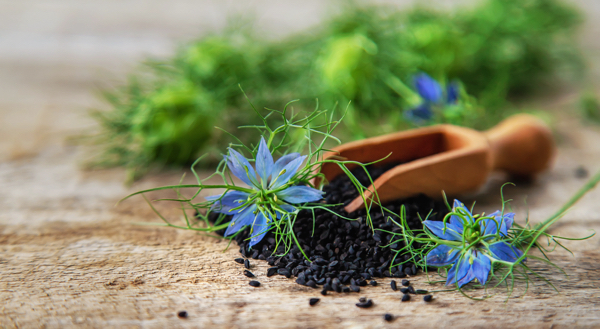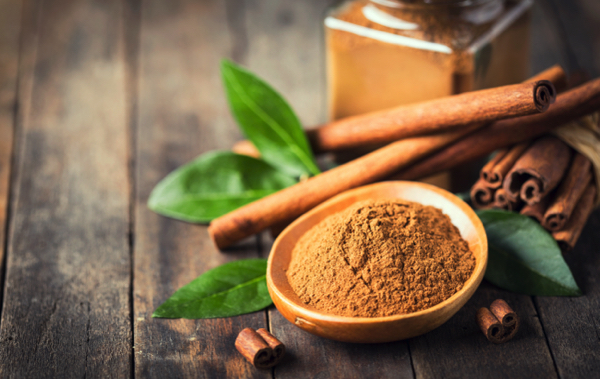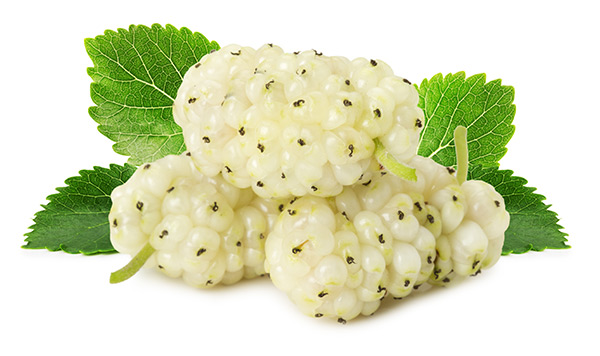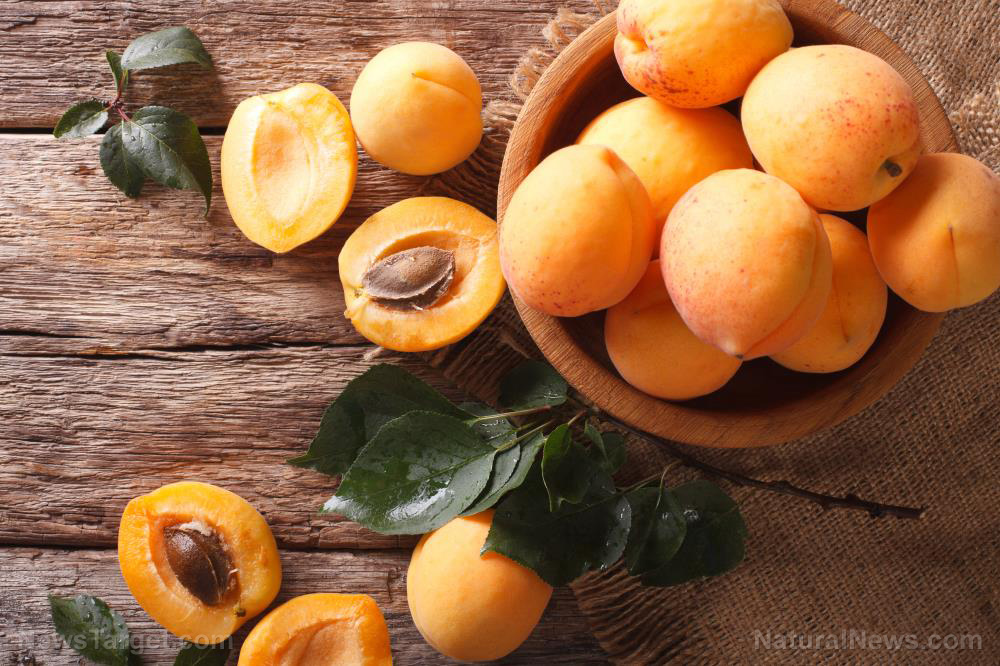Power of FRANKINCENSE: This ancient resin fights inflammation and offers many health benefits
10/08/2024 / By Olivia Cook

Frankincense (Boswellia serrata), a fragrant resin often paired with myrrh, has been valued for centuries and is mentioned frequently in the Bible. This aromatic substance, which contains a natural oil, has been widely used in incense and perfumes throughout history. It played a key role in religious ceremonies in Roman Catholic and Eastern Orthodox churches, where it was burned during worships and funerals.
Aside from its spiritual uses, frankincense has a long history as a traditional remedy. It was used to treat digestive issues, respiratory infections and inflammation. Even today, it remains a popular incense resin.
Frankincense was rare and highly expensive in ancient times. Its high demand made it a symbol of luxury and wealth, especially in Europe, and it contributed significantly to the prosperity of the Arabian Peninsula. Frankincense is also important in Buddhism and Hinduism, where it is often used in meditation to create a sense of calm, clarity of mind and spiritual insight.
Over the past two decades, scientific studies have increasingly supported the health benefits of frankincense. (Related: Reviving the ancient healing wisdom of frankincense Boswellia.)
With its warm, woody scent, frankincense can be inhaled, absorbed through the skin or taken as a supplement – offering a range of scientifically backed therapeutic effects.
Frankincense helps treat arthritis
Frankincense has been used for centuries to treat inflammation-related conditions, including arthritis. The key compounds in frankincense, such as alpha- and beta-boswellic acid, along with other plant chemicals (other pentacyclic triterpenic acids), work by blocking processes in the body that lead to inflammation – particularly through 5-lipo- and cyclo-oxygenase pathways.
A 2014 study in Osteoarthritis and Cartilage showed that when osteoarthritic mice were treated with oral or topical boswellic acid, there was a reduction in both cartilage loss and inflammation of the joint lining. In humans, the findings in a study in the BMC Nutrition Journal suggest that frankincense could help ease the symptoms of both osteoarthritis and rheumatoid arthritis.
In a 2018 review of Seminars on Arthritis and Rheumatism, frankincense was found to be consistently better at reducing pain and improving joint mobility in osteoarthritis patients. However, it was noted that the overall quality of many of the studies was not particularly high – highlighting the need for further, more robust research.
Another study in Phytotherapy Research followed participants who took 169.33 mg of Boswellia extract twice daily for 120 days. The results showed reduced inflammation, joint pain and stiffness in those with mild to moderate knee osteoarthritis and no significant side effects were reported.
Additionally, research from the Journal of Physical Medicine, Rehabilitation and Electrodiagnosis revealed that applying frankincense oil to the skin for six weeks helped reduce osteoarthritis pain.
A 2018 study in BMC Complementary Medicine and Therapies reported that taking 350 mg of curcuminoids alongside 150 mg of boswellic acid three times daily for 12 weeks led to significant reductions in osteoarthritis pain. Another study showed that taking 5.0 grams of methylsulfonylmethane and 7.2 mg of boswellic acid daily for 60 days resulted in greater improvements in pain and joint function compared to a commonly used osteoarthritis supplement, glucosamine sulfate.
Frankincense helps improve gut function
A 2017 study in the Journal of Research in Medical Sciences found that when combined with other herbal remedies, frankincense has been found to ease abdominal pain and bloating and reduce symptoms of anxiety and depression in those with irritable bowel syndrome (IBS).
Additionally, research in Minerva Gastroenterology showed that taking 250 mg of Boswellia tablets daily for six months led to improvements in IBS symptoms. This resin seems especially effective for conditions like ulcerative colitis, which is a significant inflammatory gut issue.
In another study in the European Review for Medical and Pharmacological Sciences, participants with mild ulcerative colitis in remission who took Boswellia extract daily for four weeks experienced symptom improvement. The extract also demonstrated anti-inflammatory and antioxidant properties in rats with colitis.
However. it is important to note that many of these studies were small or not conducted in humans, so further research is needed to draw more definitive conclusions.
Frankincense helps reduce asthma symptoms
Active compounds in frankincense, particularly terpenes, work by preventing the production of leukotrienes, which are chemicals that cause bronchial muscles to tighten during an asthma attack. Additionally, frankincense may influence Th2 cytokines, which can lead to inflammation and excess mucus production in asthma patients.
In a small study in the European Review for Medical and Pharmacological Sciences, participants who took 500 mg of Boswellia extract daily alongside their standard asthma treatment found they needed to use their inhalers less frequently over four weeks.
Another study in Phytotherapy Research demonstrated that a supplement combining 200 mg of frankincense with the South Asian fruit bael (Aegle marmelos) was more effective than a placebo in reducing asthma symptoms.
Frankincense helps improve oral health
A test-tube study found that boswellic acid in frankincense extract was effective against Aggregatibacter actinomycetemcomitans, a bacterium known to cause aggressive gum disease.
Additionally, a very small study in the Journal of Indian Society of Periodontology involved participants chewing gum containing frankincense for five hours. Saliva samples collected during the study showed a decrease in microbial counts over time – suggesting that frankincense may help reduce sources of infection in the mouth.
While these findings are promising, further research is necessary to fully understand the impact of frankincense on oral health.
Frankincense may have anticancer effects
Test tube studies in the Journal of Translational Medicine indicate that the boswellic acids in frankincense might prevent the spread of cancer.
A research review in Postepy Higieny also suggests that boswellic acids could inhibit DNA formation in cancerous cells, which may limit cancer growth. Preliminary test tube research indicates that frankincense may be effective against various types of cancer, including breast, colon, pancreatic, prostate and skin cancers. Additionally, it might help ease some some effects associated with cancer treatments.
In a study in the Journal of Neurological Sciences, which involved patients undergoing treatment for brain tumors, those who took 4,500 mg of boswellic acid extract daily experienced a reduction in brain edema (fluid buildup in the brain) while also being able to lower their regular medication dosage.
While these findings are encouraging, further human studies are needed to confirm frankincense’s anticancer effects.
Read more stories like this at NaturalCures.news.
The Health Ranger Mike Adams talks about frankincense as an anticancer, liver-protecting Armor of God during one of his 100 Sermons. Watch this video.
This video is from the Health Ranger Report channel on Brighteon.com.
More related stories:
Frankincense: One of the most powerful medicines from Mother Nature.
Here’s why Frankincense serrata essential oil deserves a spot in your survival cache.
Frankincense: Nature’s psychoactive antidepressant.
Sources include:
Submit a correction >>
Tagged Under:
alternative medicine, ancient resin, anticancer, aromatherapy, biblical herbs, Boswellia serrata, boswellic acid, essential oil, essential oils, frankincense, healing, natural medicine, remedies
This article may contain statements that reflect the opinion of the author




















